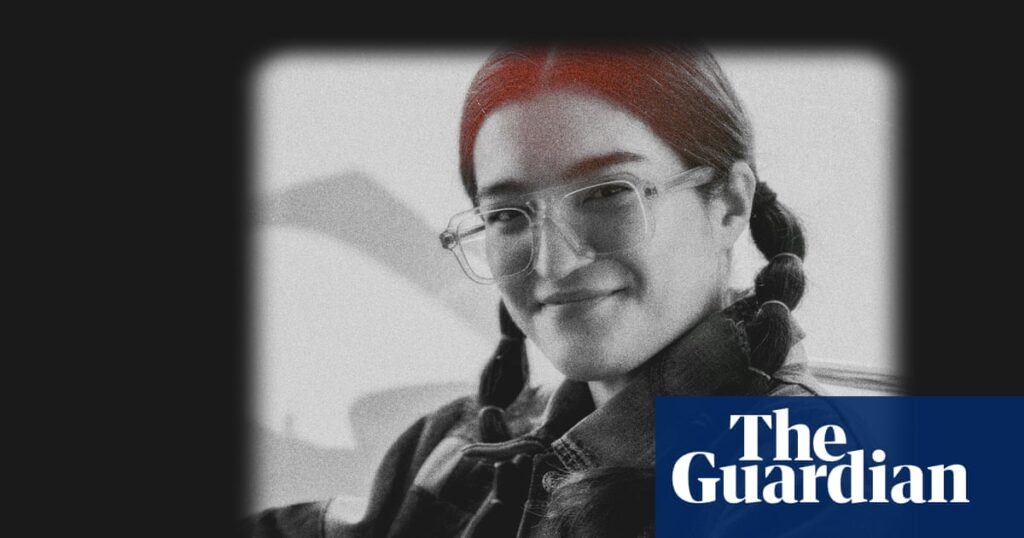Arabelle Sicardi’s new book, The House of Beauty, begins with the declaration that beauty is a “monster” that they both love and critique. As a writer and consultant in the beauty and tech fields, Sicardi reflects on their complex relationship with the $450bn beauty industry, delving into its darker realities such as exploitative labor practices and its ties to historical events like the Vietnam War.
Sicardi’s career, which includes a stint as a beauty editor at BuzzFeed, exposed them to the industry’s insincerities, prompting them to leave rather than compromise their integrity. Throughout the book, they emphasize the beauty industry’s impacts on society and the environment, illustrating how beauty standards affect consumers and highlighting personal narratives from various industry workers.
The first chapter employs a “choose your own adventure” format to explore the interconnectedness of the beauty supply chain, aiming to engage readers in its complexities. Sicardi confronts the harsh truths of the industry, such as child labor, intending to hold readers accountable for their roles in these systems.
They tackle the historical implications of figures like Coco Chanel, who had ties to fascism, demonstrating how such complexities mirror contemporary issues. However, Sicardi also acknowledges beauty’s potential for community and connection, sharing experiences of how beauty can foster solidarity and support among people.
While acknowledging the overwhelming nature of the beauty industry’s environmental impact, Sicardi advocates for collective responsibility over individual perfection. They conclude the book by emphasizing the importance of care and community, encouraging readers to find hope amid the industry’s darker narratives and reminding them of beauty’s dual capacity for both terror and care.



